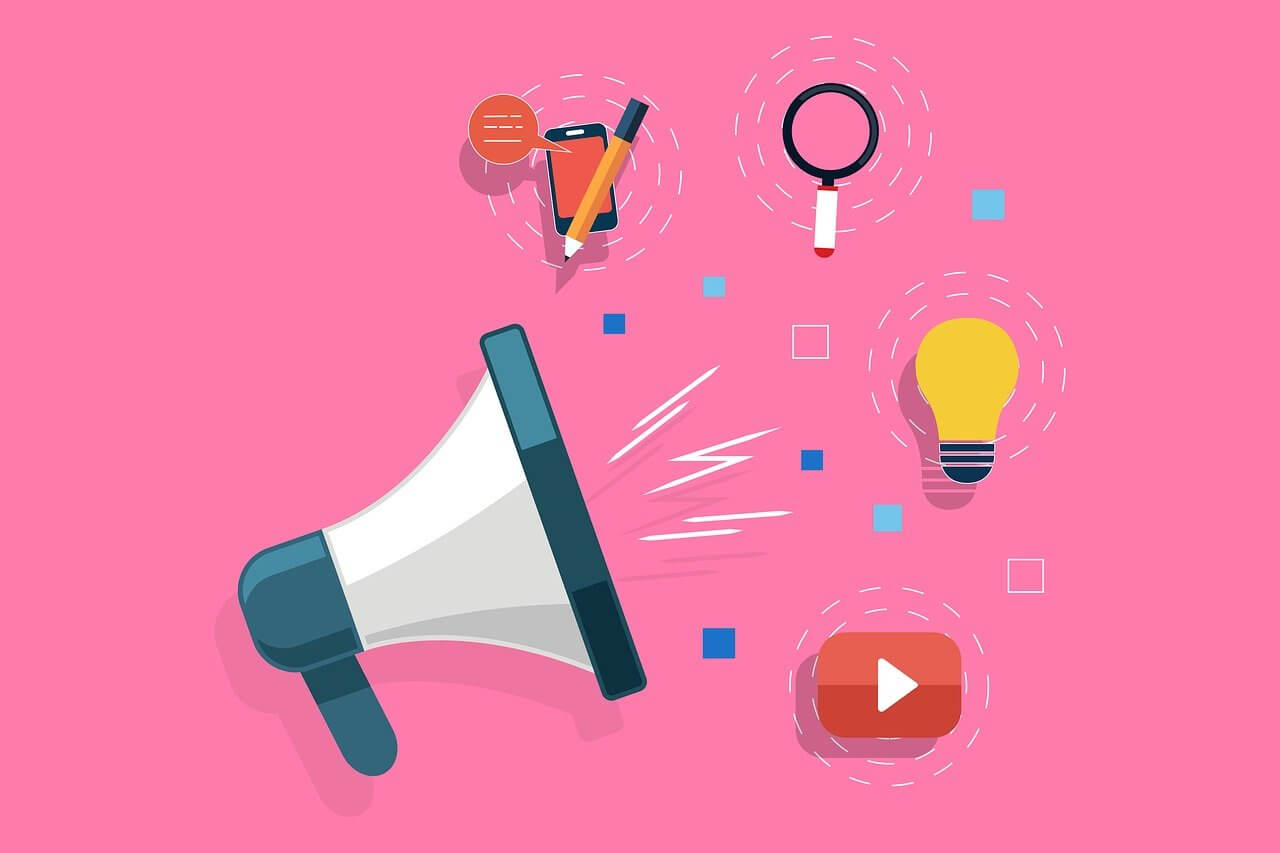AI for Small Businesses

What’s this? AI isn’t just for computer experts or big businesses anymore. Even small businesses like yours can take use of the incredible power of AI to transform the way you operate, interact with clients, and make decisions. The ins and outs of AI for small businesses are covered in this tutorial. So let’s get started!
–> SEE ALSO: The Importance of Digital Marketing For Small Businesses
Why All the Hype About AI?

Artificial intelligence, or AI, is the study of how to make machines that think and behave like people. It covers a wide range of topics, including as machine learning (where computers can learn from data) and natural language processing (which enables computers to comprehend and respond to human language). AI may assist organisations in automating repetitive operations, deciphering data, and providing clients with a customised experience.
Why Is AI Important for Small Businesses?

The problem is this For small enterprises, AI has the potential to change the game by giving them various competitive advantages:
1) Improving Productivity and Efficiency
You can spend more time concentrating on the big picture by letting AI handle repetitive jobs. AI can help you with everything from email sorting to inventory management, increasing productivity and operational effectiveness.
2) Supporting Smarter Decisions
AI is faster and more accurate than any human in sorting through enormous amounts of data. Businesses can use the knowledge this capability gives them to make wiser decisions.
–> SEE ALSO: Why Real Estate firms need to go Digital?
3) Personalised Customer Experience
AI has the ability to study consumer behaviour and offer a customised experience. Customers will be happier and more devoted as a result of its ability to propose products, respond to inquiries, and even forecast future behaviour.
Introduction to AI

It’s not difficult to incorporate AI into your company. Here is a brief road map:
1) Determine what you need.
Identify the areas where AI can truly make a difference to begin. Anything from customer service to inventory control to data analysis could be included.
2) Choose the Correct AI Tools
There are numerous AI tools available, each with unique advantages. Find one that fits your requirements and price range.
3) Integrate and Train
You must input your data to your chosen AI tool and incorporate it into your systems after choosing it. You might need professional assistance with this step.
Useful AI Tools for Business

Numerous AI tools are appropriate for small organisations. Here are a few illustrations:
1) Chatbots
Chatbots offer round-the-clock customer service, responding to questions and grievances. This raises client satisfaction.
2) Analytics Powered by AI
These technologies can handle complicated data processing and offer information to help with business decisions.
–> SEE ALSO: The Importance of Branding
3) Predictive Maintenance
These tools employ AI to foretell potential equipment failures, sparing firms from costly downtime.
The Business of Tomorrow in an AI-Powered World

Your company may improve customer service, optimise processes, and make data-driven choices by implementing AI. There is no better moment than now to get on board with AI, which is entangled with the future of small enterprises.
This is a path every small business can take to improve operations, decision-making, and customer service, from realising AI’s potential to taking use of its many advantages.
Frequently Asked Questions

1. What exactly is artificial intelligence (AI)?
Making systems that can emulate human intelligence and behaviour is the goal of artificial intelligence (AI). This comprises machine learning, in which computers draw knowledge from data, and natural language processing, which enables computers to comprehend human speech and respond accordingly.
–> SEE ALSO: A Beginner’s Guide to Personal Branding
2. Why should small businesses explore AI?
Small businesses may gain a lot from AI, including the capacity to automate repetitive processes, gain insightful data analysis, and create a customised client experience. Small firms may increase productivity using AI, make better decisions, and increase customer loyalty.
3. How can small firms begin implementing AI?
Finding areas where AI can have a significant impact is the first step. Next, choose the best AI tool for your goals and budget. After that, you must incorporate the tool into your systems and train it using your data.
4. What applications of AI are available to small businesses?
Examples include chatbots for customer service, analytics tools with AI capabilities for data processing, and solutions for predictive maintenance that can stop equipment malfunctions.
–> SEE ALSO: 6 reasons why Test Cricket & Branding are similar!
5. How will AI affect the future of small businesses?
AI will play a significant role in small business in the future. Small businesses may improve customer service, streamline operations, and make wise decisions with the aid of AI. There will be more opportunity for small businesses to expand and prosper as AI technology develops.














